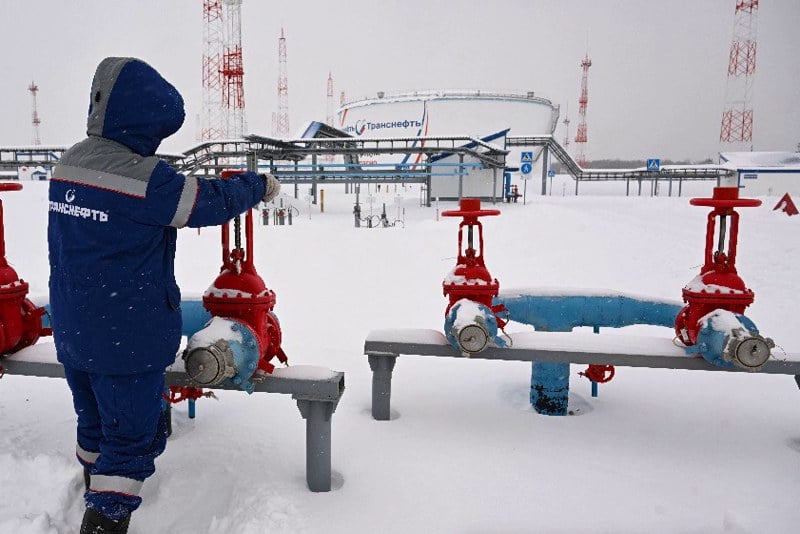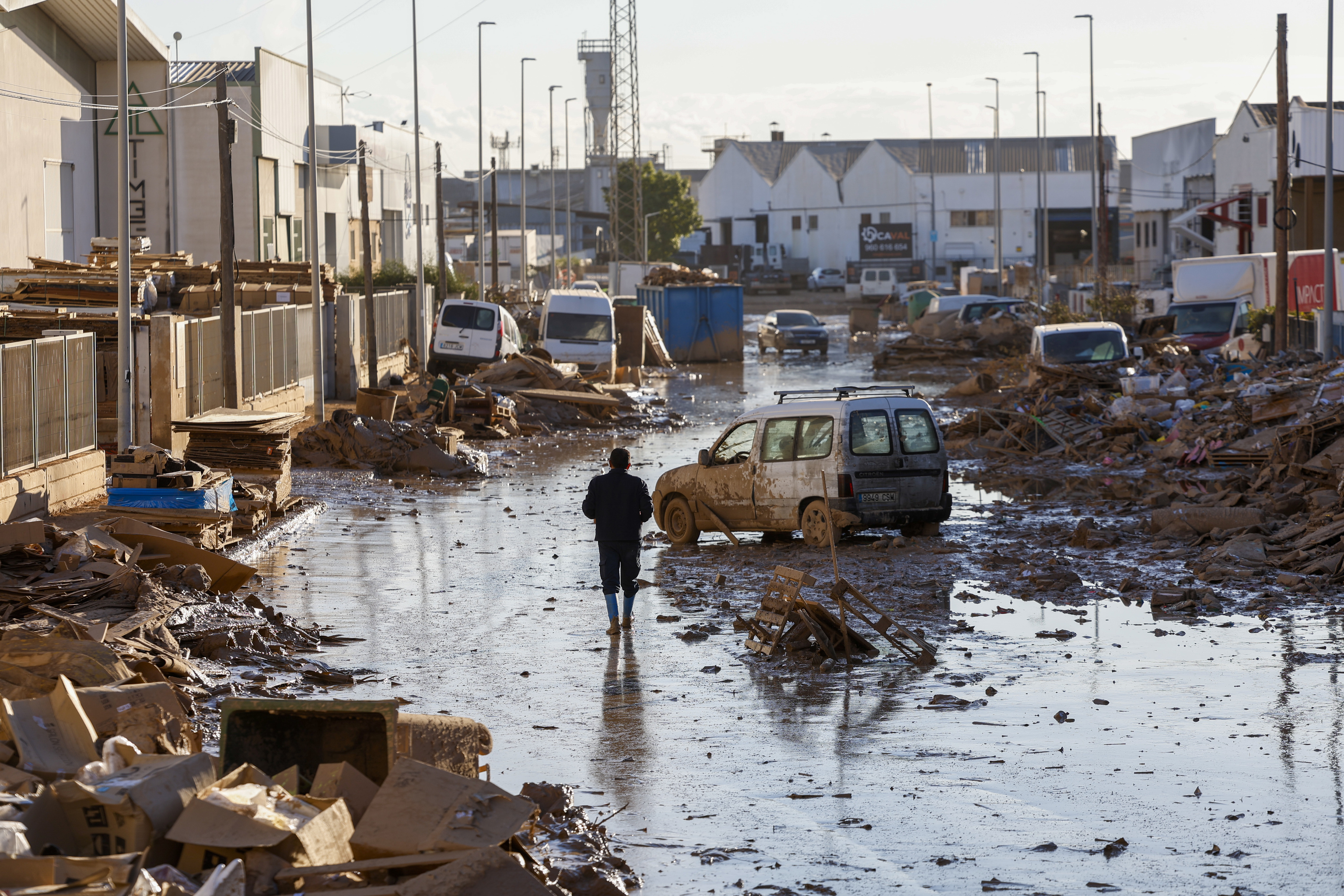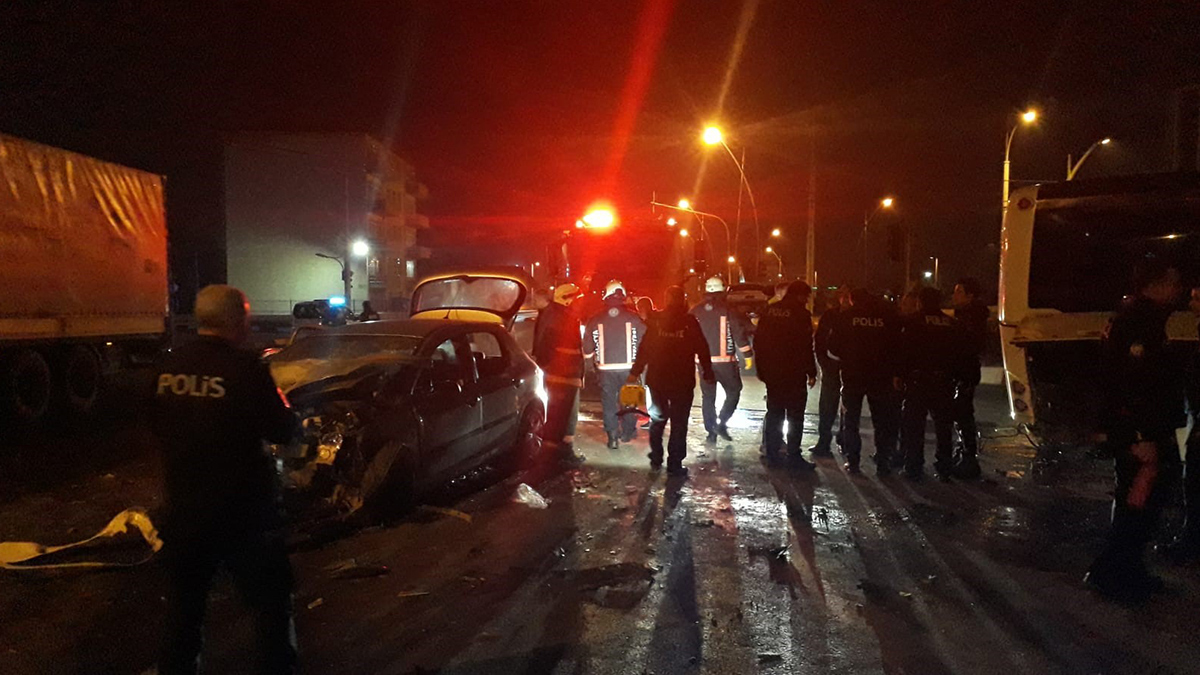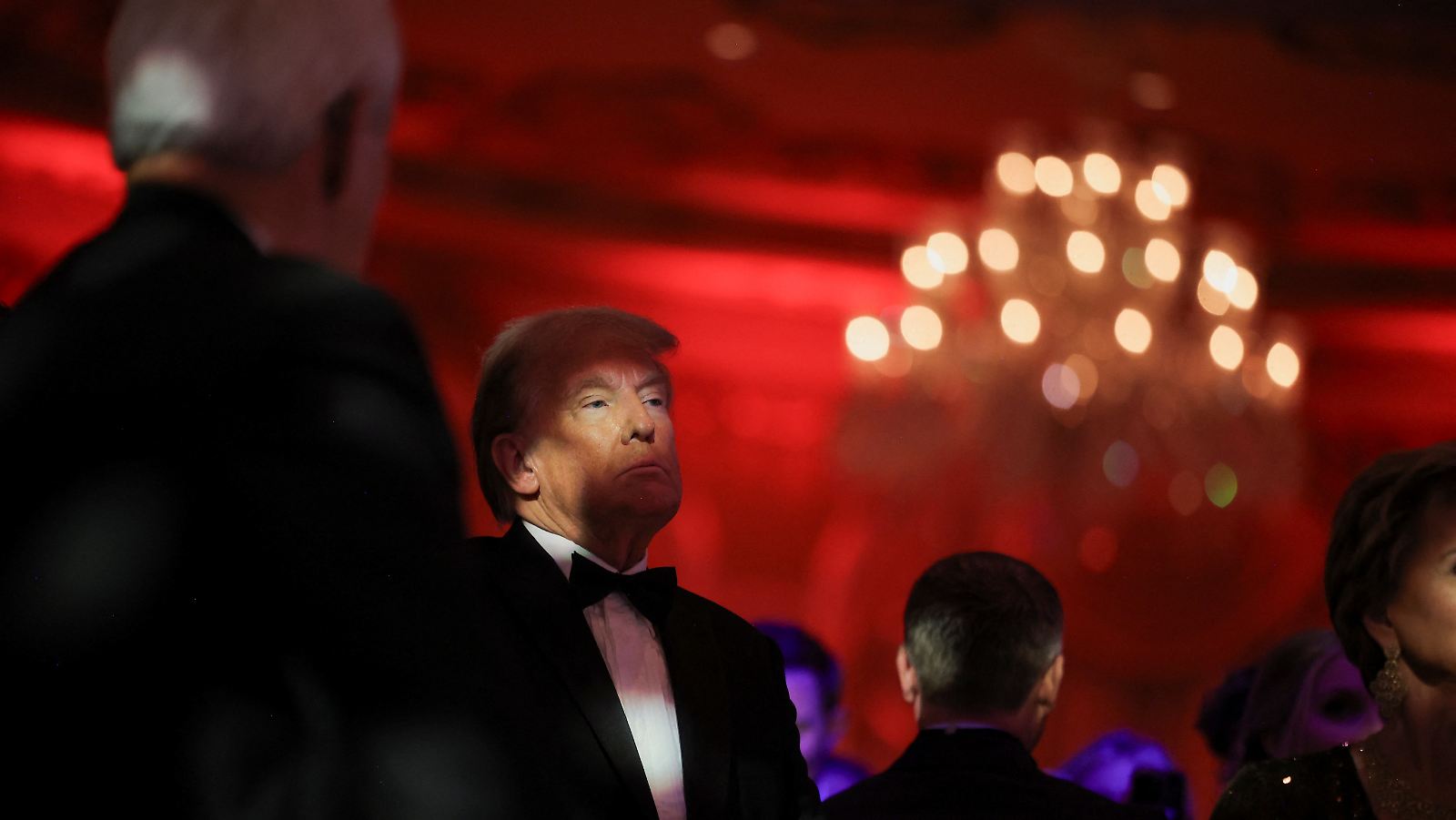According to Ibrahim Al-Ghaitani, head of the Energy Studies Program, European energy markets are facing uncertainty as the halt of Russian gas transit via Ukraine approaches in December 2024. This follows Kyiv's decision not to renew the gas transit agreement. The halt could impact gas supply stability in Central and Eastern Europe, especially during the winter months.
The discussion highlights how EU countries have adopted alternative measures to offset this gap, including importing liquefied natural gas (LNG) from other suppliers and utilizing new infrastructure. Unlike during the initial two years of the Ukrainian conflict, the sensitivity of the European gas market to the risks of Russian gas interruptions has decreased.
Key Developments
With the potential cessation of the last major link between Russian and European gas networks, European energy markets anticipate significant but manageable disruptions. In 2023, Russian gas supplied through Ukraine accounted for only 3% of total European imports, with significant dependence remaining among countries like Slovakia and Austria.
Winners and Losers
The forthcoming disruption poses a significant risk, yet European states have successfully sourced alternative gas supplies over the past two years. Despite this, the International Energy Agency warns that the lack of gas supply could create major uncertainties in Central and Eastern Europe this winter.
Alternative Strategies
European nations are planning to enhance gas supply stability through LNG imports and leveraging existing infrastructure. Countries like Hungary are open to receiving additional Russian gas through the TurkStream pipeline. There are also discussions about utilizing the Ukrainian gas network for supplies from Azerbaijan.
Position of Austria
Austria has historically resisted European sanctions against Russian gas, given its dependency on Russian imports. However, it is now preparing to transition away from this reliance, seeking imports from alternative sources. The Austrian Ministry of Energy acknowledges the need for a strategic shift to ensure energy security moving forward.
In summary, the European gas market is evolving as countries seek to reduce dependency on Russian supplies, with various strategies in place to maintain stability and security in energy sourcing.

















